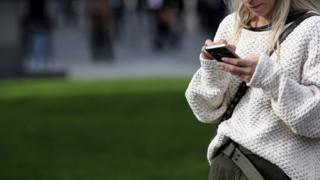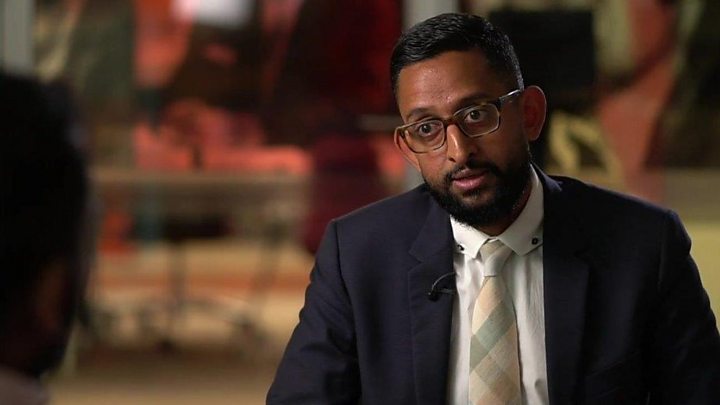Spain starts tracking mobiles but denies spying
Millions of Spanish mobile phone users are being tracked this week as part of the government’s census, in a move that critics fear is a step closer towards spying on the population.
Statistics agency INE insists the eight-day project is anonymous and aimed at getting a better idea of where Spaniards go during the day and night.
The three biggest mobile companies are taking part in the scheme.
They say that by handing over the data they are not breaking any laws.
What is the idea of tracking mobiles?
The statistics agency wants to track the movement of Spaniards over eight days, first to their places of work or study from 18-21 November and later on days off and holidays. The second part of the experiment will be done on Sunday 24 November, Christmas Day and two days next summer.
The three companies – Movistar, Vodafone and Orange – cover 78.7% of Spain’s mobile phone users and are to be paid a total of €500,000 (£430,000; $550,000) for taking part in the study.
The country will be divided up into 3,200 cells with more than 5,000 residents, and the operators will work out how many phones are within each cell at various times of day. They will analyse phones between midnight and 06:00 to find out where people live and then later between 09:00 and 18:00.
“We will know for example how many mobiles there are at 17:00 on a particular street in any city of more than 15,000 people, but no more than that,” INE told the El Confidencial website.
Once all the data is analysed, the agency hopes to have a clearer idea of when and where Spaniards travel and then use the information to improve transport and public services. INE wants to use the details in the next census in 2021.
The mobile operators insist there is no way users can be identified as no personal data is being transferred.
What do critics say?
On social media especially, Spaniards have raised privacy concerns. One technology lawyer, David Maeztu, said phone operators were not supposed to use data from customers for statistical purposes.
Some users suggested turning their phones off or switching to airplane mode while the study was taking place. Others pointed out that many Orange and Vodafone users could set their preferences or email their provider to prevent their data being passed on to third parties.
Spanish consumers’ organisation OCU warned ahead of the experiment that using a mobile phone’s location was itself personal data, and that keeping the details of the phone numbers anonymous was insufficient. It said the data had to be grouped together in “aggregate form” to ensure the study was lawful.
Cybersecurity expert José Rosell said he was baffled that people were concerned that the data was out there but was not being used.
Others were surprised at the outcry, when no-one batted an eyelid at using a variety of apps such as Google Maps, Facebook and Amazon as part of their daily lives.
“These days any mobile has between 10 to 20 movement trackers. As well as geolocation, there are cameras and microphones. People don’t think what that means,” Mr Rosell told El Mundo newspaper.
Several governments have raised concerns that mobile communications could be used to spy or disrupt telecoms in the future.
The US and some other countries have cited security concerns to block the use of equipment made by Chinese mobile phone maker Huawei in next-generation 5G mobile networks.
Source: Read Full Article




